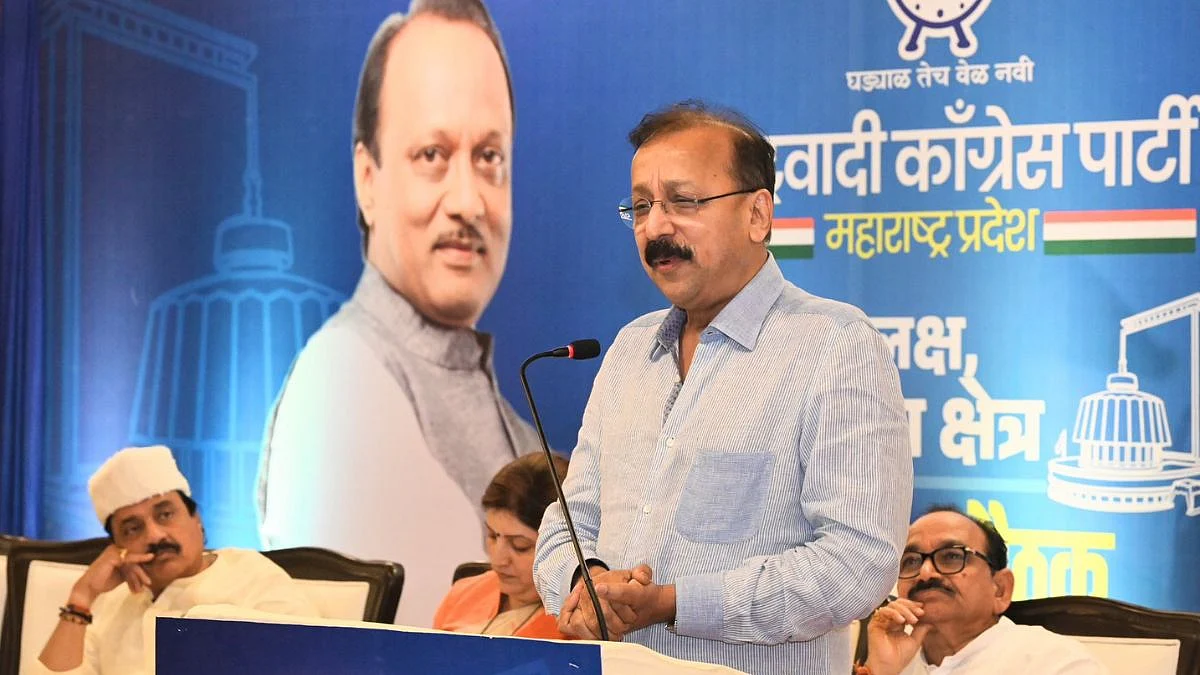On Friday, the JNUSU polls were conducted following a four-year break. Opposing the RSS-backed Akhil Bharatiya Vidyarthi Parishad (ABVP) in the elections were left-leaning organisations such as the All India Students’ Federation (AISF), Democratic Students’ Federation (DSF), Students’ Federation of India (SFI), and the All India Students’ Association (AISA).
Umesh Chandra Ajmeera of the ABVP lost to Dhananjay by 922 votes. In the race for vice president, Avijit Ghosh defeated Deepika Sharma (ABVP) by 927 votes. In the race for general secretary, Priyanshi Arya of the Birsa Ambedkar Phule Students' Association—backed by the Left—bested Arjun Anand of the ABVP by 926 votes, and in the race for joint secretary, Mohammad Sajid of the Left defeated Govind Dangi of the ABVP by 508 votes.
Who is Dhananjay?
After Batti Lal Bairwa was elected as JNUSU president in 1996–1997, Dhananjay is the first Dalit president from the Left. Dhananjay is a native of Gaya in Bihar and is a PhD candidate at the School of Arts and Aesthetics.
He is the first Dalit president of JNUSU to hold the office since 1996's Batti Lal Bairwa.
"The JNU students' victory is a referendum that they reject the politics of violence and hatred. Once more, the students have demonstrated their faith in us. We'll keep pursuing issues that affect students and fighting for their rights," he told PTI.
"The safety of women on campus, fund cuts, scholarship hike, infrastructural and water crisis are among the top priorities of the students union to begin with," Dhananjay stated, as per PTI.
According to media reports, Dhananjay discussed the higher fees as a result of university loans from the Higher Education Funding Agency (HEFA) during his campaign. In addition, he called for the release of student leaders who were being held on charges of sedition and pledged to address infrastructure, health, and water-related concerns on campus.











